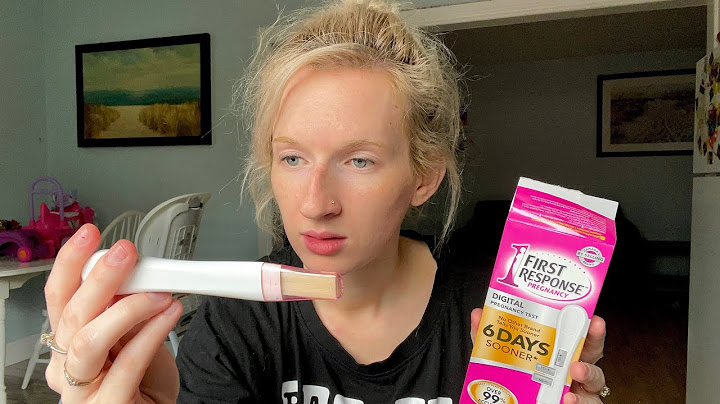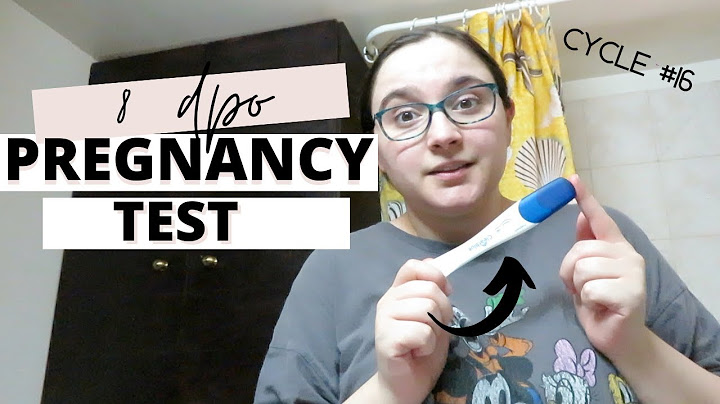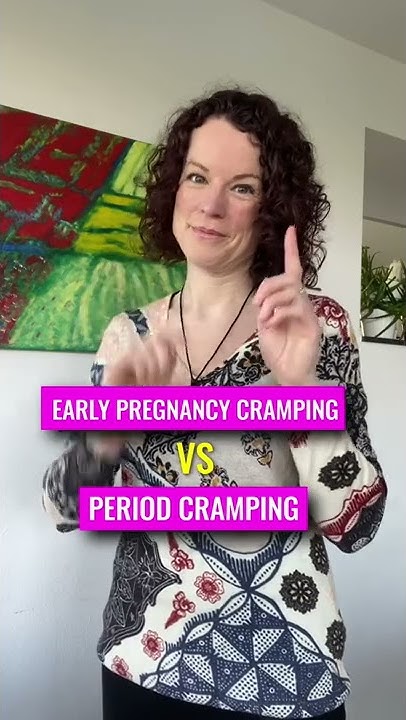If you’ve had unprotected sex recently, then you’re probably thinking about taking a pregnancy test. And you’ve probably got a few questions about them. Like ‘How long do I need to wait before taking one?’ and ‘How do I make sure I’m getting the most accurate results possible?’ To answer those questions (and more), we spoke to Dr. Anna Whelan, an OB-GYN and maternal-fetal medicine fellow at the Women and Infants Hospital of Rhode Island. Show
Rule of thumb: For the most accurate results, wait a minimum of two weeks after having unprotected sex to take a pregnancy test, said Dr. Whelan. That’s true for both at-home and blood tests. That’s because your body needs time to build up hCG, the hormone that’s produced during pregnancy. And the one that’s analyzed in pregnancy tests. If you take a pregnancy test too early, there’s a chance you could get a false negative. How accurate are pregnancy tests?To test for pregnancy, you have two options. And they’re both precise. An at-home test is 97% to 99% accurate when used correctly (more on that below). A blood test, performed at a doctor’s office or lab, is around 99% accurate. If you get a positive result at home, call your doctor. Your provider can help you confirm the pregnancy. But it’s rare to get a false positive result. So even if the lines on the test are faint, it still means you’re pregnant. A blood test, ordered by a doctor, is your other option. Note: A blood test can detect lower levels of hCG than an at-home test can, but it can take longer to get results due to lab processing, said Dr. Whelan. After getting a positive result at home, it’s common for a doctor, at your first appointment, to order a blood test to confirm the results. Your doctor might also order a blood test if you’re experiencing bleeding or abdominal pain, which can be symptoms of a potential miscarriage. How can I make sure the pregnancy test results are as accurate as possible?Experts recommend you:
theSkimmOf course you’ll want to know as soon as you can if you’re pregnant. But to get the most accurate results, it’s best to wait at least two weeks after having unprotected sex before taking a pregnancy test. And if you’re confused or concerned about your test results, speak with your medical provider. If you have missed a period and recently had unprotected sex, you may be pregnant. Pregnancy tests are most reliable from the first day of your missed period. You can carry out most pregnancy tests from the first day of a missed period. If you don't know when your next period is due, do the test at least 21 days after you last had unprotected sex. Some very sensitive pregnancy tests can be used even before you miss a period. You can do a pregnancy test on a sample of urine collected at any time of the day. It doesn't have to be in the morning. You can buy pregnancy testing kits from pharmacists and some supermarkets. They can give a quick result and you can do the
test in private. The following places provide free pregnancy tests: You may also be able to get a pregnancy test free of charge from your GP. How does a pregnancy test work?All pregnancy tests detect the hormone human chorionic gonadotrophin (hCG), which starts to be produced around 6 days after fertilisation. Most pregnancy tests come in a box that contains 1 or 2 long sticks. You pee on the stick and the result appears on the stick after a few minutes. All tests are slightly different, so always check the instructions. Pregnancy test resultsHome pregnancy tests are accurate as long as you follow the instructions correctly. A positive test result is almost certainly correct. However, a negative test result is less reliable. The result may not be reliable if you:
Some medicines can also affect the results. If you get a negative result and still think you're pregnant, wait a few days and try again. Speak to your GP if you get a negative result after a second test but your period has not arrived. Continuing with the pregnancyIf you're pregnant and want to continue with the pregnancy, contact your GP or a midwife to start your antenatal care. You can use the pregnancy due date calculator to work out when your baby is due. If you're not sure you want to be pregnantIf you're not sure about continuing with the pregnancy, you can discuss this confidentially with a healthcare professional. Your options are:
As well as a GP or a nurse at your GP surgery, you can also get accurate, confidential information – from the age of 13 – from the following:
All these services – including community contraceptive clinics – are confidential. If you're 13 or older, the staff won't tell your parents. They'll encourage you to talk to your parents, but they won't force you. If you're under 25 and would prefer advice specifically for young people, the sexual health charity Brook provides a range of services for young people. The Brook website contains information on pregnancy choices. You can also use the Ask Brook 24/7 service. Video: Is the pregnancy test accurate?In this video, a midwife explains when you can take a pregnancy test and how to do it properly. Media last reviewed: 5 February 2020 |

Related Posts
Advertising
LATEST NEWS
Advertising
Populer
Advertising
About

Copyright © 2024 kemunculan Inc.


















